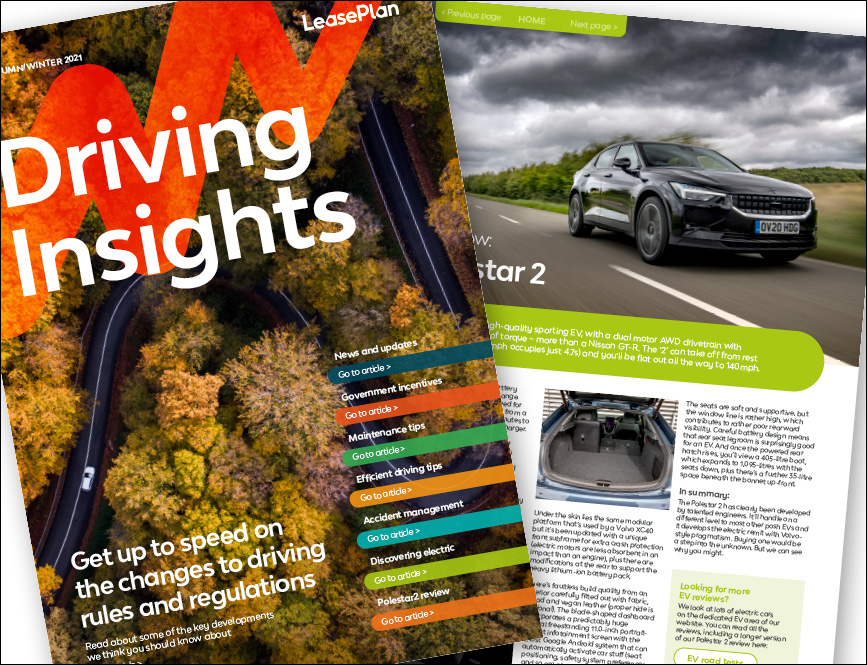It’s the most wonderful time of the year. Well, no, obviously it isn’t, unless you’re one of those fanatics. We mean, of course, the daylight saving time (DST) supporters.
We’re an equal opportunities blog, here. It’s fine to have an opinion on it. Both sides have many points to make in their favour and – we may as well say here and now – we’re not taking sides. We just think that if it’s your main interest in life, you should get out more. If it’s not too dark.
Still, before the clocks change this year there’s likely to be the usual repetition of arguments for and against a permanent change in the arrangements.
Judging by previous debates on the subject, Double Daylight Saving Time – or shifting our clocks to correspond with most EU countries, if you prefer to think of it that way – tends to be popular with the tourist industry, companies that deal with firms in Europe, and retailers. It tends to be opposed by farmers, those businesses, such as cinemas and pubs, which provide evening entertainment, Scots and the Northern Irish (the further north you go, the darker it makes the mornings).
The UK has, in fact, already tried fiddling with the structure since British Summer Time was first introduced in 1916, so there should be some evidence to draw on.
During the Second World War, the country operated on Double Summer Time – which, these days, would just mean being on the same time zone as Western Continental Europe (Central European Time). From 1968 to 1971, we experimented with British Standard Time, when the UK kept to British Summer Time (ie; GMT+1 hour) all year round.
But, although the Royal Society for the Prevention of Accidents (ROSPA) has traditionally favoured moving the clocks forward, the research on whether it does anything very much to prevent traffic accidents in particular is much less clear-cut than it appears at first.
At one time, it was thought that the 1968-71 experiment had led to a reduction of 11.7% in accidents – which would seem a fairly conclusive argument for reintroducing what’s now usually called Single/Double Summer Time. (It seems much easier just to call it a shift to CET, with Daylight Savings Time in the summer.)
But in fact accidents actually increased in the mornings – there was an outcry in Scotland over the number of children injured on their way to school, since in some areas sunrise wasn’t until nearly 10am.
However, a government report found that 2,500 fewer people were killed on injured on the roads in 1968-1970. That sounds an extremely impressive figure, but the number of fatalities and injuries on the roads at that period was around 1,000 people a day. By comparison, the figures now are around two-thirds of that total.
To make matters more complicated, the period of the experiment also coincided with the first serious attempt to reduce deaths from drink driving; the current estimate from Government statistics is that changing the clocks permanently might prevent 80 road deaths a year.
The last time there was an attempt to introduce change through legislation, two years ago, the Bill received qualified support from David Cameron, but the Scottish government was opposed. In the event, the Bill was talked out in the Commons, and failed to make the statute books, having run out – ironically enough – of time.
But we can expect to see the issue raised again. There does seem to be some evidence that it might improve road safety – though much less improvement than advocates previously thought. The other arguments for change – energy savings, for example, have also become less compelling, because of improved efficiency in lighting technology. Against that, there’s a lot of very vocal opposition – when MPs voted in 1970 on whether to continue with the experiment, it was a whopping 366 to 81 against.
But an abiding and all-consuming interest and commitment to whether or not we adopt permanent DST in the UK seem to be high on some people’s list of priorities. So it probably won’t be long before we hear again from enthusiasts and opponents. In the meantime, if that phrase doesn’t seem too prejudiced, remember that this year it’s on March 29 at 1am (which then becomes 2am).




